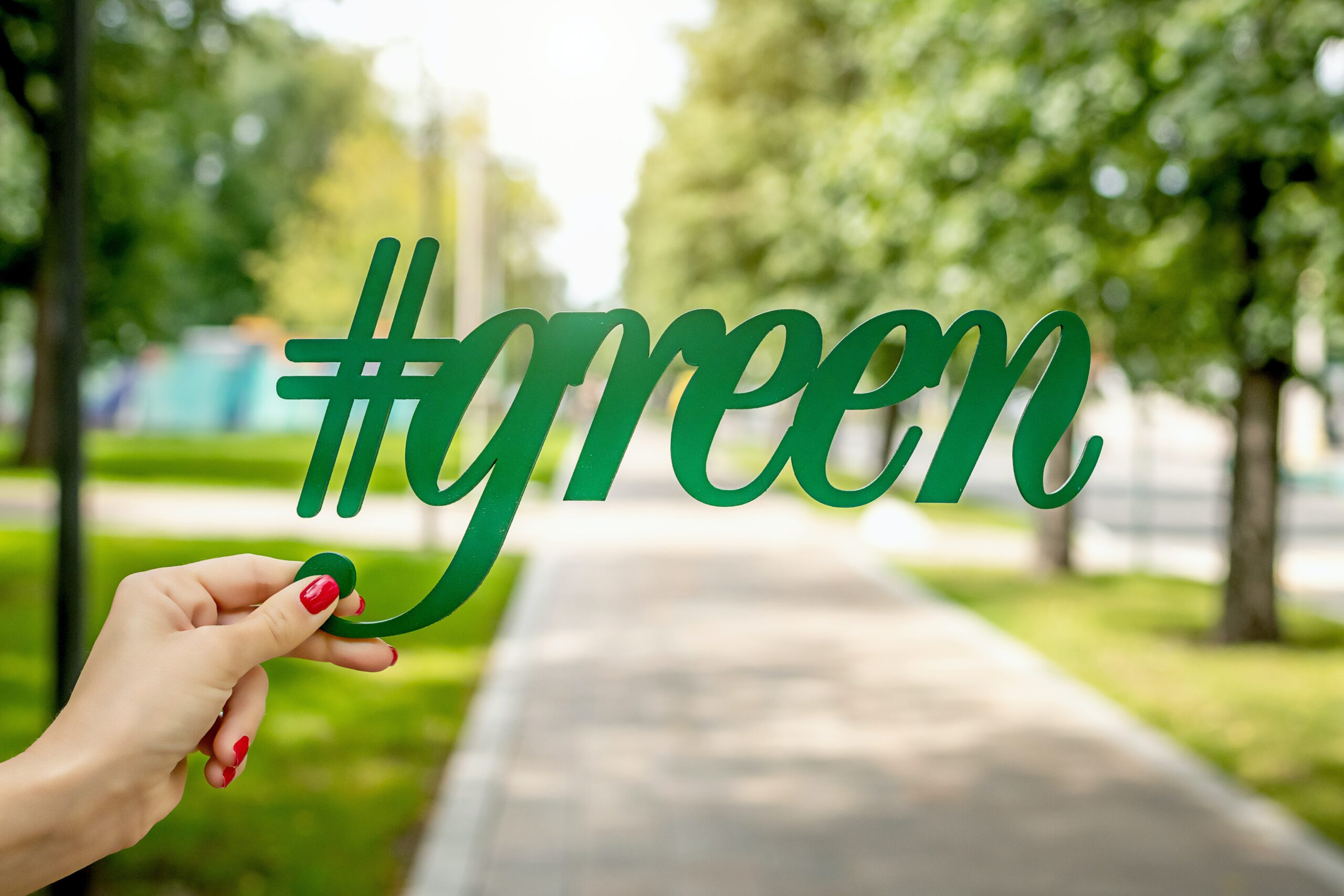
The emergence of innovative organic recycling methods promises transformative solutions for recycling non-solvent organic substances. These pioneering techniques aim to reshape sustainability efforts, focusing on repurposing organic materials that have traditionally been sidelined.
The Importance of Recycling Organic Substances
Organic substances, derived from living entities or their byproducts, play a pivotal role in sectors like agriculture, food, and pharmaceuticals. However, mismanaged organic waste can harm the environment, emphasizing the need for effective recycling strategies.
Challenges in Recycling Non-Solvent Organic Substances
Traditional recycling mainly targets solvents like plastics. In contrast, non-solvent organic materials often end up neglected, leading to resource wastage and environmental harm.
Pioneering Organic Recycling Methods
New organic recycling methods offer solutions to the challenges of recycling non-solvent organic substances. These methods utilize state-of-the-art techniques to transform organic waste into valuable assets.
Method 1: Advanced Bioconversion
This method employs sophisticated biological processes to recycle diverse non-solvent organic substances, focusing on energy efficiency and minimizing harmful byproducts.
Method 2: Biofuel Production
This approach emphasizes converting non-solvent organic substances into biofuels, offering a renewable energy alternative.
Method 3: Nutrient-Rich Fertilizers
This method transforms organic waste into fertilizers, promoting sustainable agriculture and enhancing soil health.
Benefits of the New Organic Recycling Methods
These methods offer myriad advantages, from environmental protection to resource conservation. They foster a circular economy, emphasizing continuous recycling.
Implications for Sustainability and Waste Reduction
The introduction of these methods signifies a paradigm shift in organic waste management, emphasizing resource conservation and environmental protection.
The advent of these revolutionary methods marks a pivotal moment in sustainability. By championing these methods, we can redefine our approach to organic waste, viewing it as a valuable resource, ushering in a more sustainable future.

